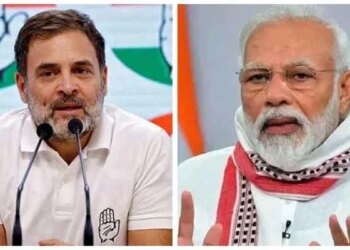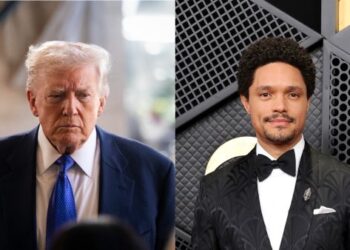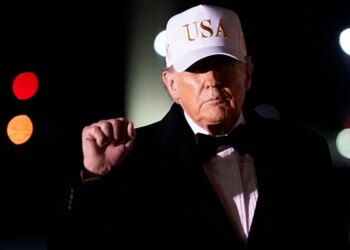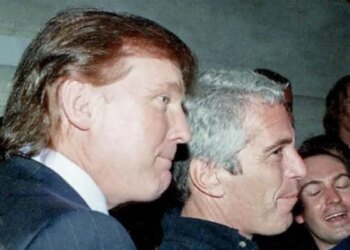Select Language:
WASHINGTON: President Donald Trump has granted China a brief reprieve by signing an executive order to maintain elevated tariffs for an additional 90 days.
This extension, signed just before the current trade truce between Washington and Beijing was due to expire, provides both nations extra time to de-escalate tensions and negotiate solutions to their ongoing trade dispute.
According to officials cited by The Wall Street Journal and CNBC, the delay in raising tariffs will remain in effect for another quarter. The White House has not issued an official response to these reports.
Earlier this year, the United States and China levied escalating tariffs on each other’s goods, reaching triple-digit levels that disrupted trade flows significantly. In May, both countries agreed to reduce tariffs temporarily, aiming to ease market pressures. However, this 90-day pause was scheduled to end this Tuesday.
When asked about the upcoming deadline Monday morning, President Trump stated, “We’ll see what happens. They’ve been negotiating quite well. The relationship is very good between President Xi (Jinping) and myself.” He also highlighted the revenue generated from tariffs since he resumed his presidency, emphasizing the positive trajectory of US-China relations.
Chinese Foreign Ministry spokesperson Lin Jian responded to the news, expressing hope that Washington will honor the consensus achieved during recent phone calls between the leaders. Lin reiterated Beijing’s desire for the two nations to “work towards positive outcomes based on equality, respect, and mutual benefit.”
The full text of Trump’s latest directive has yet to be released. Still, the 90-day extension signals that the current tariffs, which have been set at 30% on Chinese imports, will remain in place until early November. Correspondingly, China’s tariffs on US goods are at 10%.
Since returning to office in January, Trump has implemented a 10% reciprocal tariff on nearly all trading partners, targeting what he describes as unfair trade practices. These duties increased last Thursday for dozens of economies, with US tariffs reaching as high as 41% for certain countries like Syria and varying levels for major partners such as the European Union, Japan, and South Korea, where duties now sit at 15%.
Trade exemptions remain in sectors such as steel and aluminum and areas currently under investigation, such as pharmaceuticals and semiconductors. A recent clarification from US customs suggests gold may also be shielded from additional tariffs, a point Trump confirmed on Monday, though further details are pending.
Beyond China, Trump has also addressed issues with other nations. For instance, he criticized Brazil over the prosecution of former President Jair Bolsonaro, who faces allegations related to planning a coup, and India concerning its purchase of Russian oil. Meanwhile, Canada and Mexico are governed by separate tariff arrangements.






